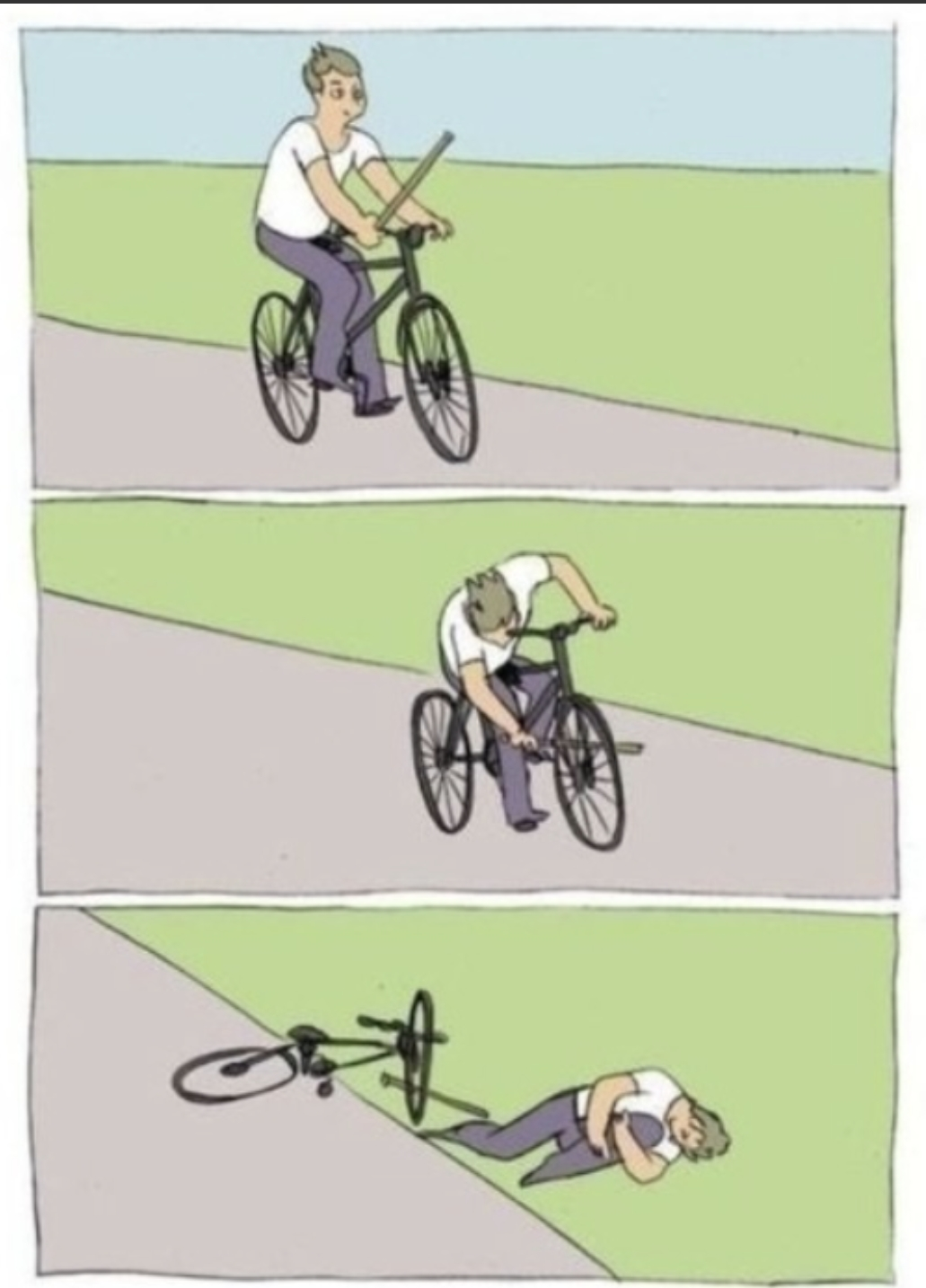I can see why that would be a bummer. In my mind, the perfect video game-ceo position would be for a company that makes enough profit to pay its employees well and self sustains the business to keep making more games. Having to constantly report a higher user base and profitability growth year after year on a global scale would be a total drag.
Gaming
Sub for any gaming related content!
Rules:
- 1: No spam or advertising. This basically means no linking to your own content on blogs, YouTube, Twitch, etc.
- 2: No bigotry or gatekeeping. This should be obvious, but neither of those things will be tolerated. This goes for linked content too; if the site has some heavy "anti-woke" energy, you probably shouldn't be posting it here.
- 3: No untagged game spoilers. If the game was recently released or not released at all yet, use the Spoiler tag (the little ⚠️ button) in the body text, and avoid typing spoilers in the title. It should also be avoided to openly talk about major story spoilers, even in old games.
Steam is a prime example of this. Not privately run it would have been bloated to extinction years ago.
Shareholders are leechers to quality. Dividends are not enough, the underlying asset must grow no matter what.
When Gabe croaks it Steam is fucked. It will go public.
you get a lot of publicly traded companies that are in the industry that have to show their investors growth—because why else does somebody own a share of someone’s stock if it’s not going to grow?
I thought the way it was supposed to work was, a company starts out investing in its growth and during this period shareholders get gains from the price of the stock going up, and then when it has maxed out just switch to shoveling the profits into dividends instead? If the industry has stopped growing, I don't see why there isn't a path to acknowledging that to investors, what am I missing?
I actually can’t believe this is coming from a high level employee at a corporation.
Like we all know this is true, but isn’t it big to hear one of them talking about the insanity of the system.
I thought companies made money by selling a product to customers? Hmm, seems like there is some kind of contradiction here, perhaps Phil should look into that.
Investors don’t care about that anymore. Line must go up more and right now. If not, they will replace you with someone who promises to do that.
The best ways to raise stock prices include downsizing, jacking up prices, and cutting product quality to save cost. None of these are even remotely beneficial to the customers.
Cry more rich boy, your tears are delicious.
I dunno, maybe stop going public and just sell a decent game?
Sounds like skill issue.
That's not what capitalism means, dawg.
I'm glad he can see the issue but then part way through the interview he loses it, and jumps to feeding the capitalist system

I genuinely believe he just wants to make cool and fun games.
He's had all the time, money, and resources to do that and hasn't.
I don't think that :/ I think his statements and the games he chooses to back sort of prove that ultimately profit is what he is interested in. I don't blame him for that. But don't make him out to be what he isn't. He is a CEO first, being a fan of games falls lower on the list.
Nobody forced this guy to be a soulless capitalist. He chose his career path. Oh woe is you, Phil. Must be so hard for you. /s
You know who will give you money? Customers if you stop treating them like piñatas.
Valve is an excellent example of a company that is privately owned, so they don't have to satisfy shareholders with constant growth for growth's sake. And yet they're still growing and making a profit, because they make a good product.
Phil and Xbox don't have that luxury because their masters sold out decades ago.
Valve is also a good example of platform monopoly. People need to stop treating valve like they aren't also a big problem with the modern games industry. They are PC gaming's landlord taking a 30% cut of every sale. You have to be smoking crack if you think that doesn't hurt game developers.
Comrade?
phil spencer explains market discipline